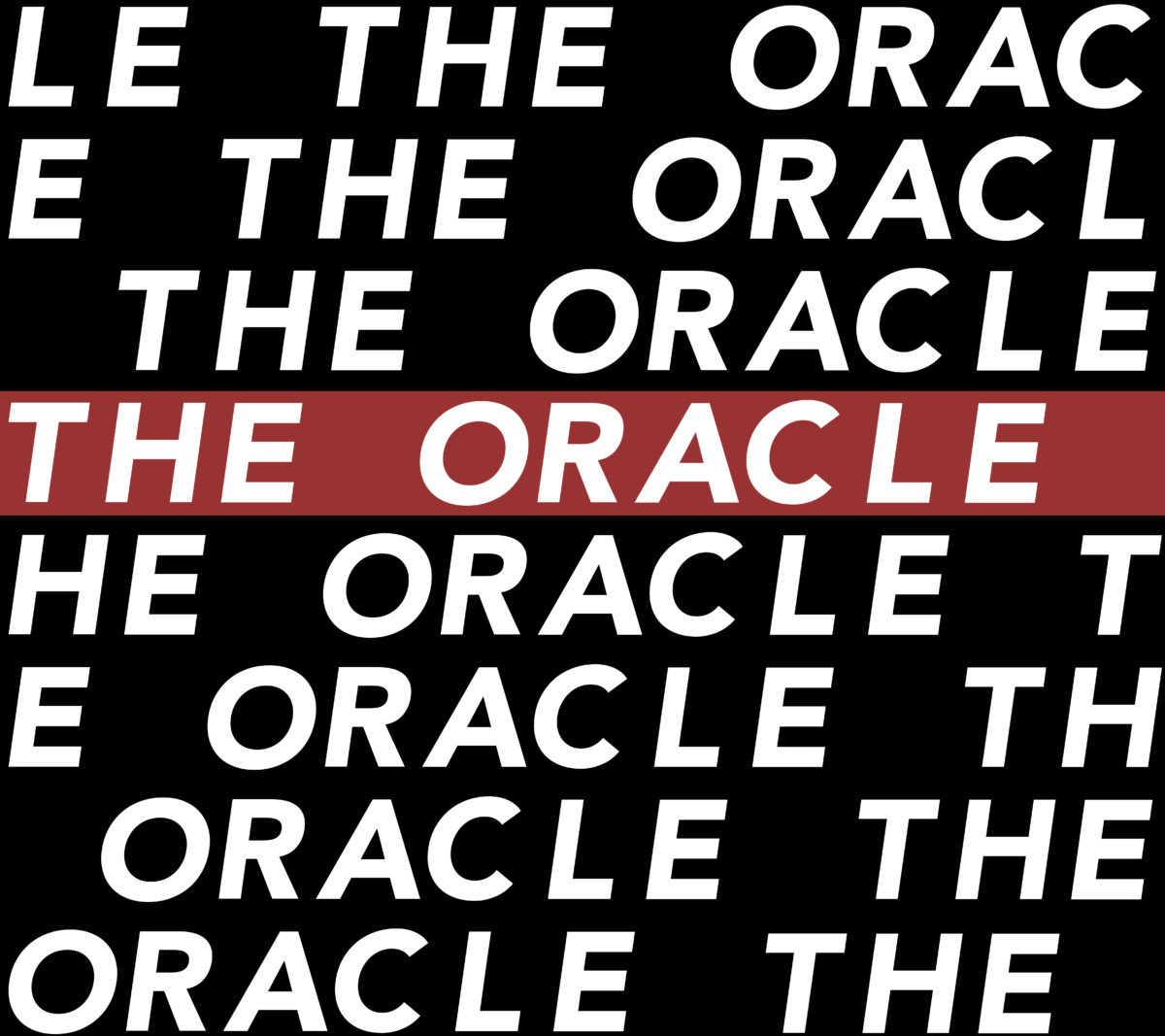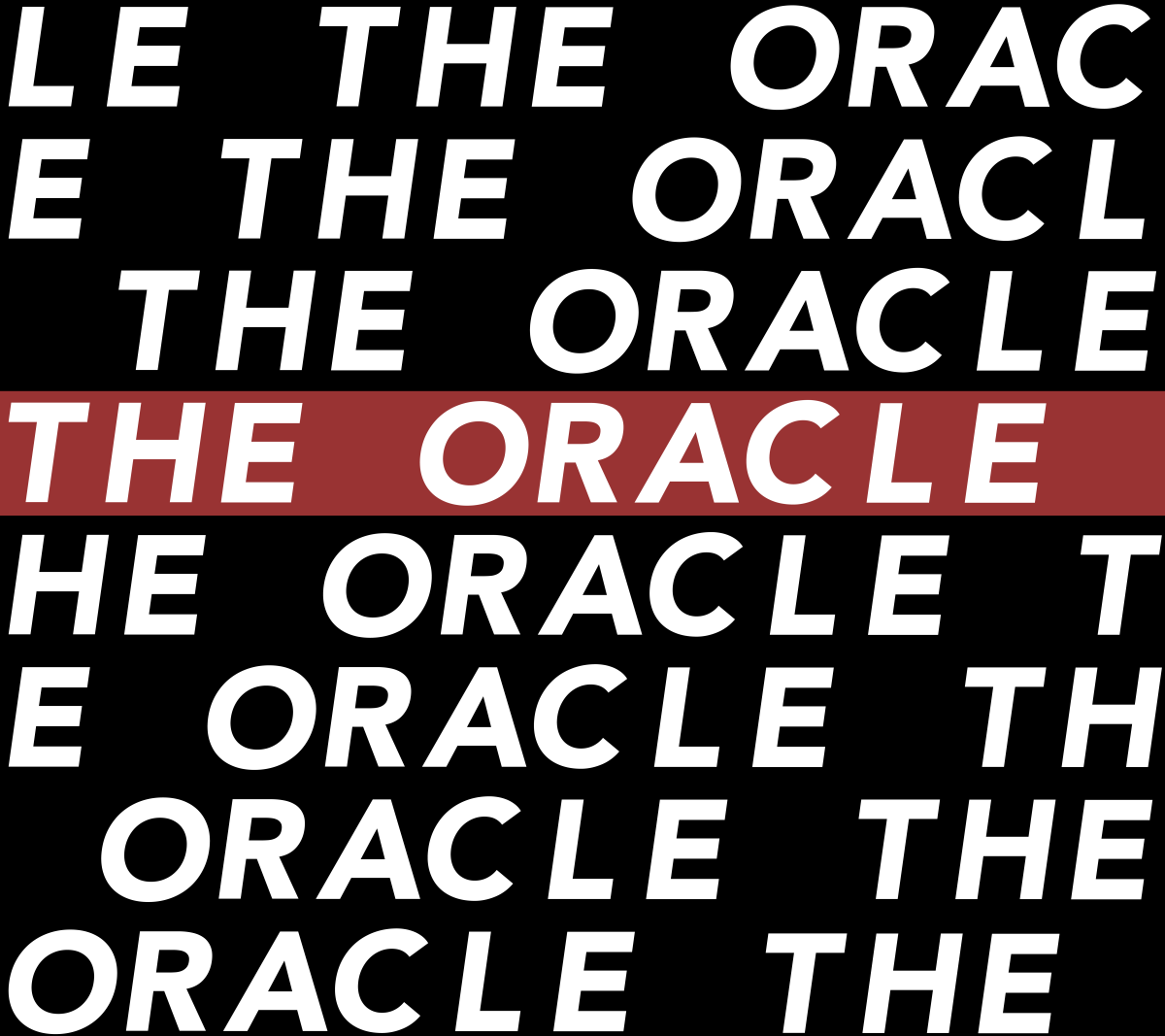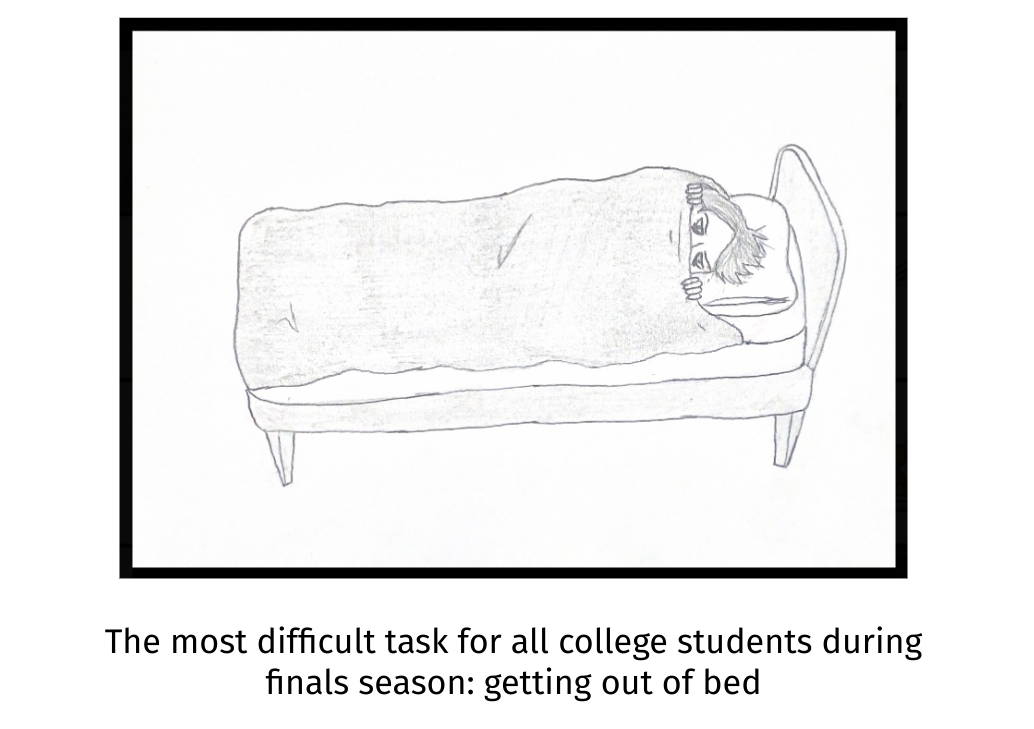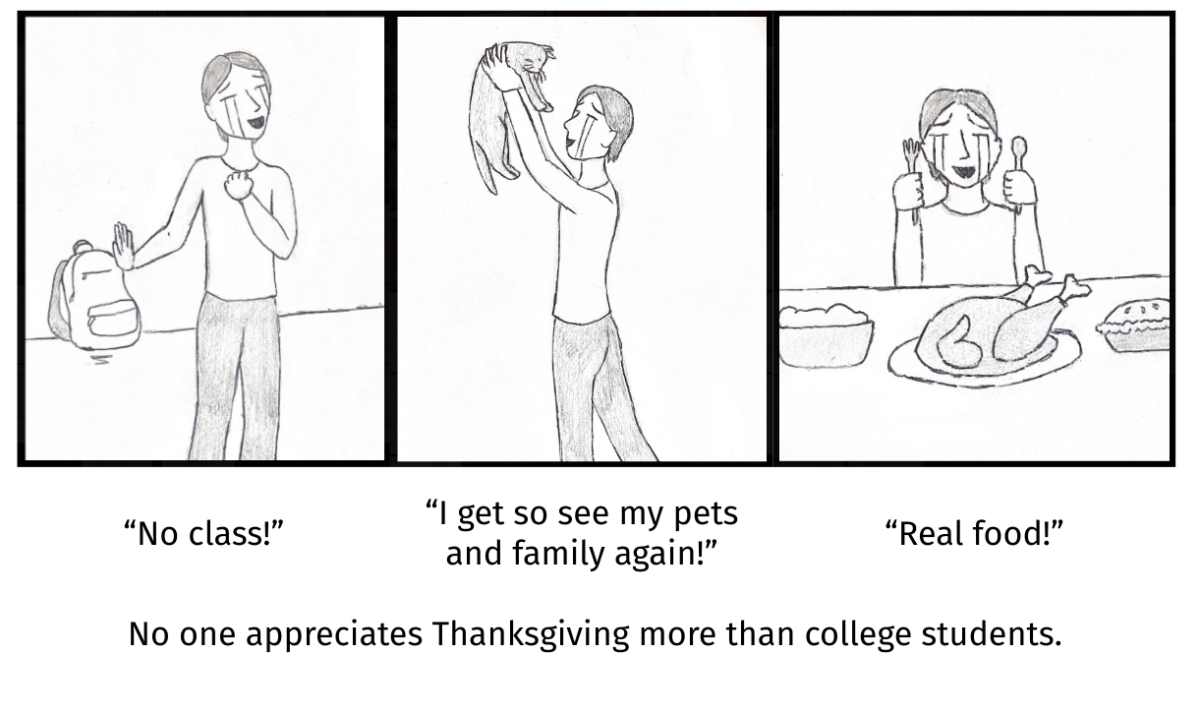Despite the decriminalization of cannabis in Minnesota on Aug. 1, the city of St. Paul proposed a new ordinance to restrict smoking tobacco, hemp and cannabis products in public areas. Presented by St. Paul council member Chris Tolbert, the law would ban smoking in public parks and within 25 feet of any indoor public places. This includes restaurants, hospitals, and other businesses.
This ban is supposed to limit the harmful effects of first and secondhand smoke. At the Aug. 16 meeting where this ordinance was presented, some St. Paul residents voiced that this plan just burdens the people of St. Paul’s right to smoke. In response, Tolbert stated, “I think it’s okay that we make smoking inconvenient.”
Tolbert’s original plan suggested that anyone who was to violate the ban would be hit with a petty misdemeanor. Nonetheless, after some of Council Member Mitra Jalali’s changes, a violation would consist of two strikes. If one were to break the rule, they would first be asked to stop. After the second strike, an administrative citation could be issued.
Although recreational marijuana use is now legal in Minnesota, some residents claim this ban seems to recriminalize it. Historically marginalized communities have been disproportionately affected by cannabis prohibition, leading to high arrest rates and long prison sentences. Legalization can help reduce these unjust consequences, and creating restrictions on the right to smoke could lead to continuity of those issues.
Additionally, this law might be too broad to be effective. It could be difficult for the police to make a difference when there are too many people smoking for them to catch a good number of them.
At the meeting, resident Sean Lim said, “The only thing [this ordinance] does is give law enforcement a mechanism to stop, trap, harass and penalize people in public spaces who will disproportionately be young, people of color, renters, unhoused neighbors.”
Unhoused people often reside solely in public places, making them a massive target if this ban is instated. People can still use cannabis in their private homes and yards; yet, most apartment and multifamily buildings prohibit smoking. By favoring home ownership over renting, housing policies and regulations can target lower-income families. If this ordinance passes, it creates unequal ability between homeowners and renters afforded by the smoking ban.
This ordinance would also likely increase policing practices that currently disproportionately target people of color. A 2020 ACLU analysis states, “Black people are 3.64 times more likely than white people to be arrested for marijuana possession, notwithstanding comparable usage rates.”
It would be difficult for this ban to be implemented without a substantial racial bias.
Authors reported, “In every single state, Black people were more likely to be arrested for marijuana possession, and in some states, Black people were up to six, eight, or almost ten times more likely to be stopped.”A final vote on the proposal will take place at the next city council meeting happening on Sept. 20. Moving forward, public marijuana use is a new frontier for St. Paul, requiring an open mind, responsibility, exploration and respect for diverse perspectives and experiences. As the landscape of cannabis continues to evolve, from its historical origins to its present-day legal and medicinal applications, it is clear that this plant’s journey is far from over.
Up in smoke: St. Paul pushes for a public smoking ban
Rea Clark, Reporter
September 19, 2023
Categories:
Story continues below advertisement
0
Tags:





